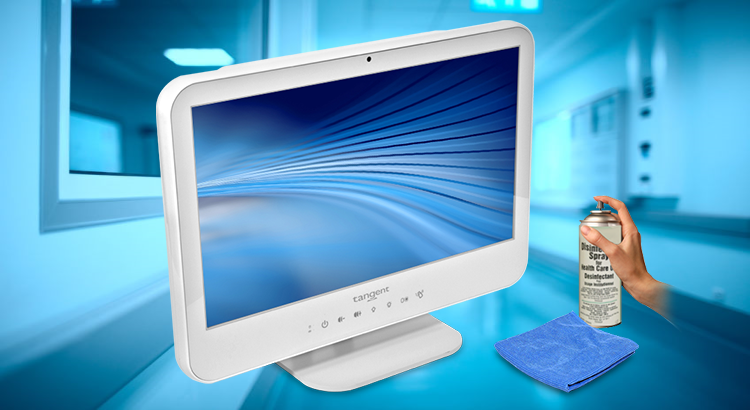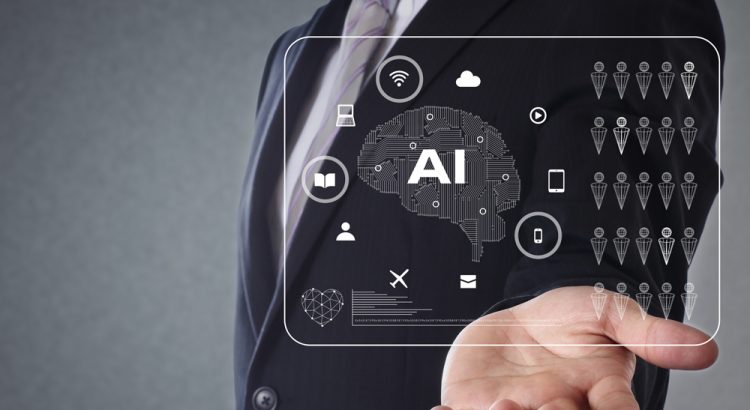Now more than ever, hospitals and the doctors and nurses that work in them are crucial to our nation’s health. But our medical professionals are finding it hard to get the equipment they need to perform their job in a safe and effective manner. One of the best ways to ensure doctors and nurses have […]
Tag: Medical Computers

Sanitizable Computers For 24/7 Use
While the current situation the world faces is unprecedented, the healthcare industry has stepped up to make sure that the world remains as safe as possible. Hospitals around the country have made due with limited supplies as supplies of PPE. Working around the clock, hospitals and healthcare workers have stepped up to the plate and […]

Telehealth Computers: How to Effectively Set Up Your Hospital
In these times, it is becoming increasingly risky to have healthy patients enter hospitals where they can easily become disease vectors. Because of this, many hospitals are transitioning doctor visits to telehealth visits. Telehealth refers to medical computer based doctor visits, where a doctor uses a medical computer to video-chat with their patient. Telehealth has […]

Sanitizable Computers Designed For Pop Up And Mobile Clinics
Sanitizable Computers Designed For Pop Up And Mobile Clinics Burlingame, CA 3/27/20 – As the world comes together to stave off the coronavirus pandemic, Tangent Computer Inc. has repurposed medical computers in their medical grade computer lineup to be fully usable by pop up and mobile clinics in order to ensure these facilities are fully […]

What Does “Medical Grade” Mean?
You may see the term “Medical Grade” floated along by many manufacturers these days in your search for proper medical equipment. Everyone, from dentist chair manufacturers to medical grade computer manufacturers, lays claim to the term, implying that their product meets the true definition. While there is no central body that organizes the term “Medical […]

The Importance Of Antimicrobial Medical PCs
We all like to think of hospitals as places in society where people go to get healthier, and for the most part this is true. However, this is not always the case as hospitals can inadvertently become breeding grounds for harmful diseases. The CDC estimates that each and every day, 1 in 31 hospitals will […]

How To Prevent Critical Electronic Health Records Mistakes
There’s no doubt that medical grade computers have made hospitals safer, more productive environments to treat patients. From their antimicrobial coating which mitigates the growth of nosocomial infection causing bacteria to their robust IP certified water resistance, medical grade computers have made a lasting impact on the quality of care provided to patients. Sadly, […]

Preventing Infections In A Post-Antibiotic World
The Center for Disease Control And Prevention just released a 2019 AR threats report titled Antibiotic Resistance Threats in the United States, with some startling findings for the calendar year. The report found that 2.8 million antibiotic-resistant infections occur in the U.S. every year, resulting in 35,000 deaths. That’s nearly 1% of the U.S. population […]

Will AI Replace Doctors In The Near Future?
Every day there seems to be a new artificial intelligence (AI) that can compare our faces to celebrities or swap faces with friends. But recently the New Yorker published a story about how AI could one day take over the news rooms, and the implications of such a feat. AI are becoming increasingly complex, as […]

Medical Computers for Major Hospitals
When computers were first introduced into the medical setting, they were still something of a luxury. Today, computers are an invaluable tool for providing patients with safe, secure, and quick care. While there are many different types of computers, computers used in the medical setting should be medical computers.Tangent medical computers come in many variants, […]
